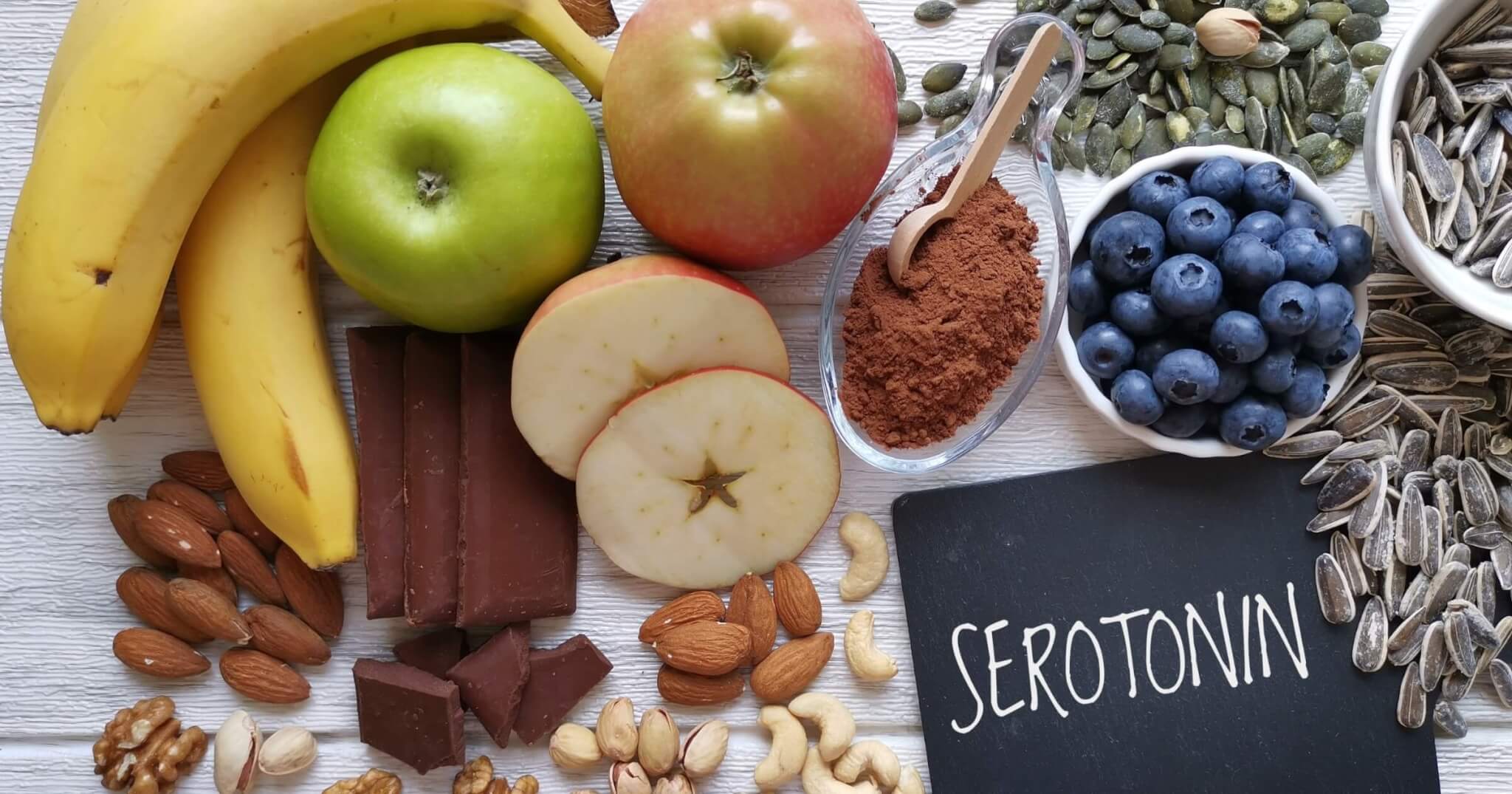It’s common to struggle with getting the adequate amount of sleep especially with all the distraction available at our fingertips. Adjusting your diet may seem trivial but including certain foods and avoiding others can drastically improve your sleep after long shifts. From adding tryptophan-rich options to managing caffeine intake, these nine dietary changes to improve your sleep require minimal effort.
1. Incorporate tryptophan-rich foods
Tryptophan is an essential amino acid your body uses to create serotonin, which regulates mood and melatonin. Tryptophan itself can’t cross the blood-brain barrier easily so pairing it with carbs helps transport it into the brain where it can promote sleepiness.
Foods high in tryptophan include:
- Turkey and chicken
- Dairy products like cheese and milk
- Plant-based sources such as tofu, soybeans, nuts, and seeds offer a vegetarian-friendly option
Great options to start with include a drink of warm milk with oatmeal or having turkey with a small side of quinoa in the evening. There are plenty of combinations to explore making this a simple dietary change to improve your sleep.
2. Try magnesium supplements
Magnesium acts as a natural relaxant by supporting the neurotransmitter GABA, which calms nerve activity by lowering levels of stress hormones like cortisol. People who don’t get enough magnesium often report restless nights or trouble falling asleep. A study published in Magnesium Research showedthat participants taking magnesium supplements experienced shorter time to fall asleep and better sleep quality.
Magnesium-rich foods include:
- Dark leafy greens such as spinach and kale
- Legumes, including black beans and lentils
- Nuts and seeds like almonds and pumpkin seeds
- Whole grains like quinoa and brown rice
- Bananas and avocados
3. Consume melatonin-containing foods
Melatonin is your body’s natural signal to prepare for sleep, coordinating your circadian rhythm. While your body makes most melatonin, some foods provide small amounts that can gently boost your levels, especially when eaten in the evening. A pilot study in the American Journal of Therapeutics found that drinking tart cherry juice twice daily increased sleep time by about 1.5 hours in adults with insomnia. This natural, food-based approach is a simple dietary change to improve your sleep without taking any supplements.
Foods containing melatonin include:
- Tart cherries and tart cherry juice
- Grapes and walnuts
- Dairy products
- Eggs
4. Opt for complex carbohydrates in the evening

Photo courtesy of Shutterstock.
Complex carbs break down slowly, providing a steady release of energy that stabilizes blood sugar and insulin. This constant supply helps tryptophan cross the blood-brain barrier by triggering the release of insulin, which removes competing amino acids from the bloodstream. Avoiding sugary or simple carbs at night is important because they cause quick energy spikes, followed by crashes that can disrupt sleep.
Choose complex carbs like:
- Brown rice and quinoa
- Sweet potatoes
- Steel-cut oats or whole-grain bread
Balanced snack ideas include a small bowl of oatmeal topped with banana slices or roasted sweet potato wedges with a bit of nut butter.
5. Limit caffeine past the morning
Caffeine blocks adenosine, a chemical your brain produces to make you feel sleepy, increasing alertness for hours after intake. The half-life of caffeine ranges from 3 to 7 hours, meaning it can linger in your system well into the evening if consumed late. Drinking caffeine after mid-afternoon can interfere with falling asleep and reduce total sleep time.
6. Avoid alcohol late at night
Alcohol initially acts as a sedative but fragments REM sleep, the restorative stage important for memory and learning. Alcohol also increases the likelihood of waking up during the night to use the bathroom or due to withdrawal effects. Stopping alcohol consumption at least three hours before bed helps protect your sleep cycles.
7. Stay hydrated, but not right before bed
Proper hydration keeps muscles from cramping and prevents dry mouth, which can disturb sleep. However, drinking large amounts right before bed often causes multiple nighttime bathroom trips that disrupt deep sleep stages.
Try instead:
- Drinking water steadily throughout the day
- Reducing fluid intake one to two hours before bedtime
- Keeping a small glass of water nearby to sip if you wake up thirsty
This approach maintains hydration without interrupting your sleep rhythm.
8. Include omega-3 fatty acids
Omega-3 fatty acids, especially DHA, help regulate serotonin, the neurotransmitter involved in mood and sleep. They also reduce inflammation, which can interfere with restful sleep, especially for those working physically demanding jobs. Research suggests higher omega-3 levels are associated with better sleep duration and fewer disruptions.
Sources to include:
- Fatty fish like salmon, sardines, and mackerel, which provide concentrated DHA
- Plant sources like flaxseed and chia seeds are excellent for vegetarians
- Walnuts, which add both omega-3s and antioxidants
If you don’t eat fish often, consider supplements, but consult a healthcare professional first before making this dietary change to improve your sleep.
9. Establish a consistent meal schedule
Chrononutrition studies reveal that when you eat influences your internal clock as much as what you eat. Erratic meal times can confuse your circadian rhythm, making falling and staying asleep harder. Consistency helps your body anticipate digestion and rest times.
Try to:
- Eat meals at roughly the same times daily, even on variable shifts
- Avoid heavy dinners late at night, which can cause indigestion and discomfort
- Limit snacking after dinner to light, balanced options
This routine can improve sleep onset and reduce nighttime awakenings.
Want more sleep strategies for improving your health and sleep? Check out our latest articles:
- Is Sleep Time Tea Good for You?
- 6 Bedtime Hacks Every Contractor Needs
- How Sleep Apnea Impacts Construction Worker Safety
We also offer a free newsletter to give you direct access to all the tips and tricks for improving your health at work. Subscribe today to get them delivered to your inbox weekly!


